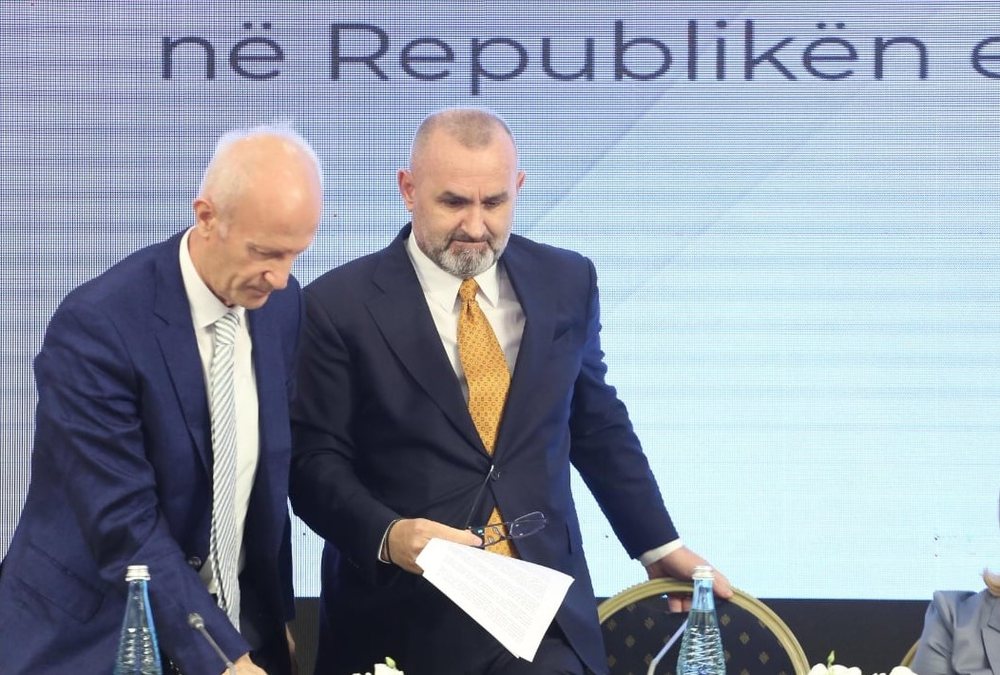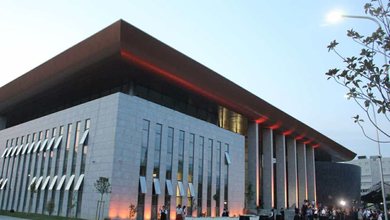
By Ersi Leka
The new draft of the Criminal Code has been presented as a giant step forward, a historic reform that will modernize the justice system and bring Albania closer to European standards. But, beyond the official rhetoric, a big question is clearly emerging: are we facing a reform for the citizen, or a new tool for the government?
On the surface, the innovations are obvious. Minors up to 21 years old are treated differently, victims receive more rights, and alternatives to imprisonment are provided for some offenses. There is also the criminalization of new offenses – from cybercrimes to environmental pollution – that reflect the challenges of the times. On paper, this is a step forward.
But beneath the surface, the draft carries serious risks. The Attorney General has rightly called it a document with a “repressive tendency,” increasing the potential for criminalization of the individual. Lawyers speak of vague language, overlapping articles, and vast scope for abuse. When the law is unclear, power wins. And that is the crux of the problem.
More alarming are the articles that provide for prison sentences for “mocking political leaders” or “contempt of state symbols.” These are reminiscent of totalitarian codes, where the state punishes not crime but the silencing of criticism. In a country where corruption is widespread and freedom of expression is often the only weapon citizens have, these provisions are a stab in the back of democracy.
The process has not been more transparent either. The draft was prepared without a broad involvement of justice institutions, without SPAK, without prosecutors, without civil society. A criminal code that affects the life of every citizen is coming from a closed political process. And when the process is closed, its product is questionable.
The Criminal Code is not just another law. It is the second constitution of the state, the strongest weapon the state has in its hands against citizens. If this code is used to protect society, it will be a historic step towards Europe. But if it is used to protect power, then we will have legitimized a repressive instrument that will weigh on Albanian democracy for decades.
The future of this Code will show whether Albania is ready to build a European justice system, or whether it will continue to produce laws that serve the government and not the citizens.






















